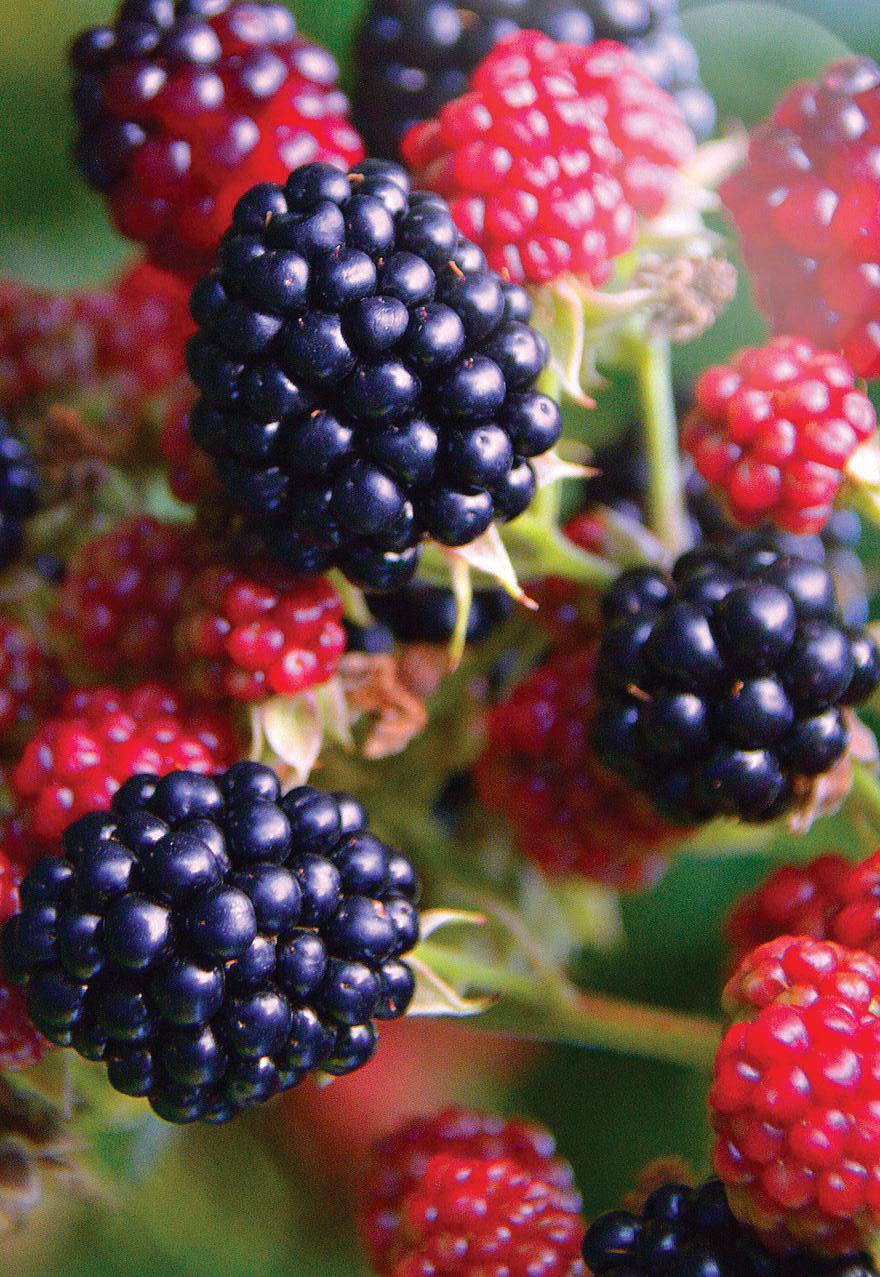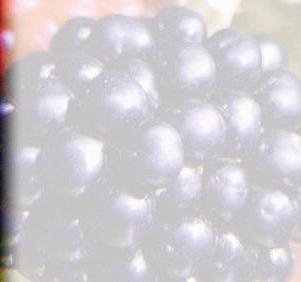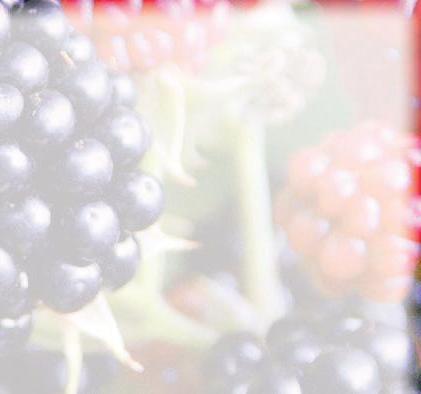
2 minute read
Your Garden – September’s tips
September Gardening Tips
Nights are starting to draw in and, with the shorter days, there’s less time to spend on the allotment or vegetable garden. Growth is slowing down now and hopefully you should be able to get on top of the weed growth. Needless to say, there will still be plenty of jobs to do! Now is a good time to take stock of what grew well and what was not as successful, as this will help with next year’s planning. Also, it is an ideal time if you are thinking of taking over an allotment plot or turning part of your garden over to vegetables, as you can prepare the soil by digging and adding fertiliser or manure and then cover it over until you are ready to plant out next year. Raised beds could be built in readiness and you have plenty of time to plan which crops to grow to suit your needs. If you have not already got a composter now would be a good time to make or buy one as there is plenty of dead or dying material available from your plot. If you have one, add any material that is not diseased, turn it, water if it is dry and cover to keep warm. Do not forget to add ‘brown’ materials such as: autumn leaves, cardboard, egg boxes, eggshells and sweetcorn husks, to name but a few. The proportion of ‘greens’ to ‘browns’ should be 50/50. As far as sowing seeds and planting out goes, there is not much that can be done: you can still sow rocket, spinach, oriental salad leaves
Advertisement





and winter lettuces. Crop covers keep the temperature slightly higher than the ambient temperature and protect the plants from getting battered by harsher weather conditions. Spring cabbages can be planted in their fi nal position, but it is wise to cover them in netting to keep the birds and other pests at bay. A few jobs that need doing include: • Cut down asparagus to 2.5cms (1in) above the ground. • Turn the compost heap and water if it is dry. • Earth-up or stake Brussels and remove any yellowing lower leaves or those that have fallen off, as these are ideal homes for pests to shelter. Tall growing varieties may need staking against autumn winds. • Harvest apples and pears. • Ripen pumpkins and squashes by removing leaves to allow sunlight in. • Clear away old foliage and vegetation – leaving it to rot on the soil may spread diseases. • Prune blackberries when picking is over – cut out all of the canes that carried this year’s fruit, leave new canes unpruned. • Plant new strawberry plants and those propagated from runners. • Clear the soil of spent crops and leave it ‘rough dug over’ for the winter. It is also a good time to sow ‘green manures’ such as fi eld beans, annual rye grass or phacelia, which overwinter and can be dug into the ground next spring. Happy gardening!










